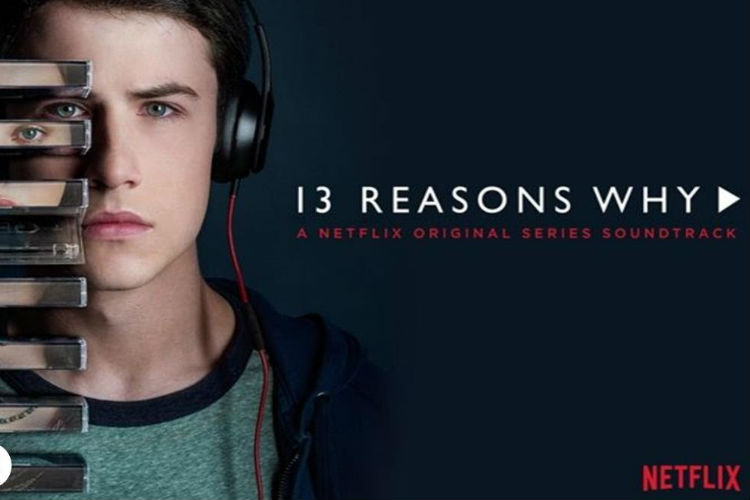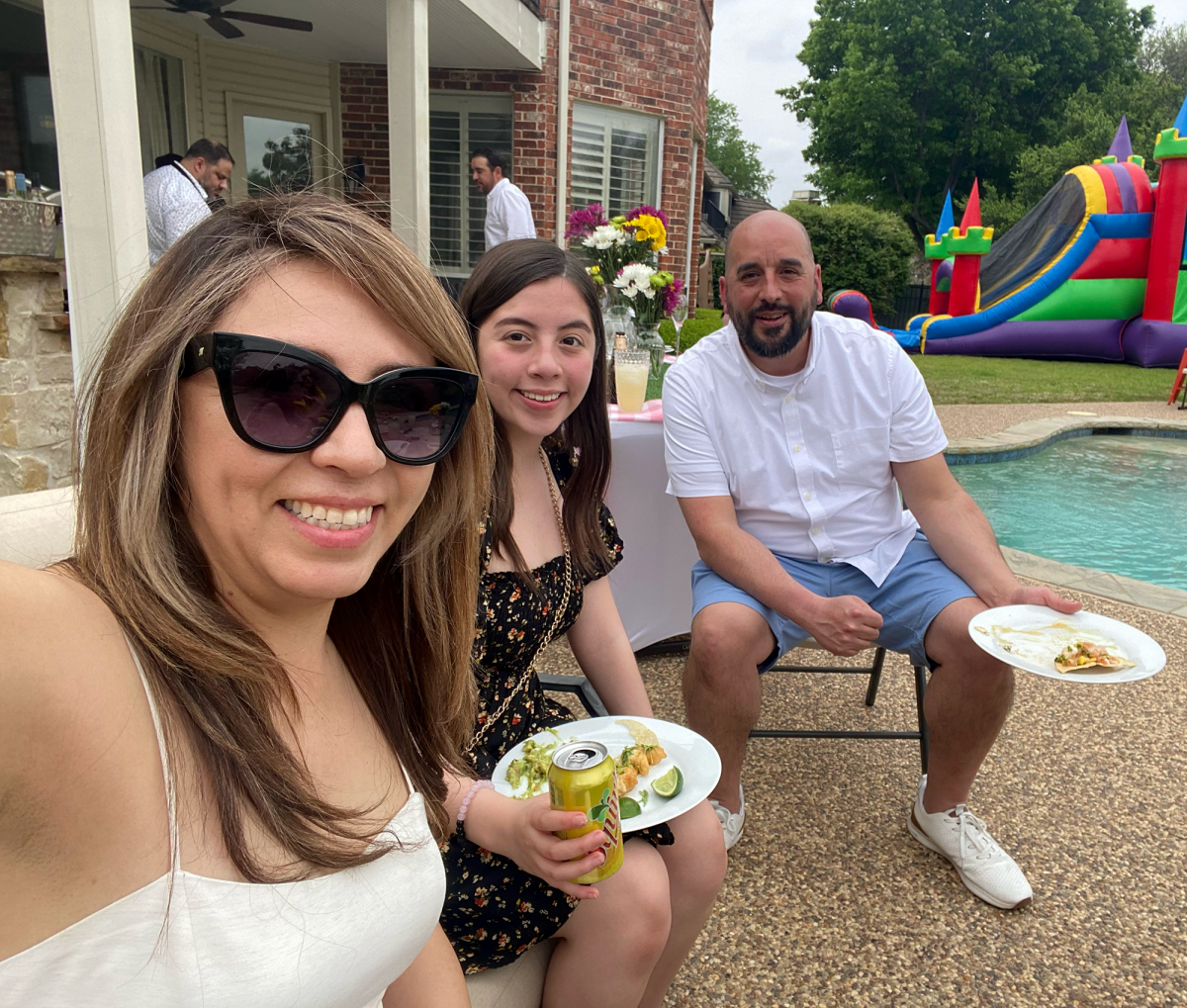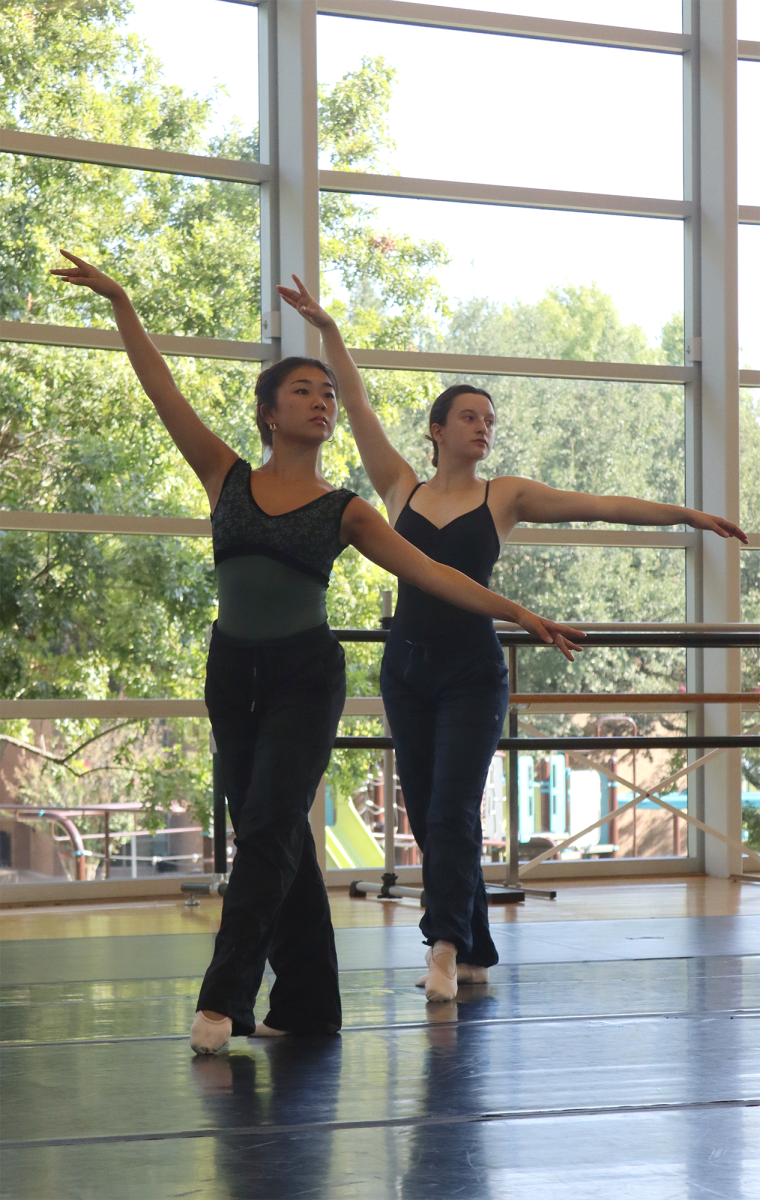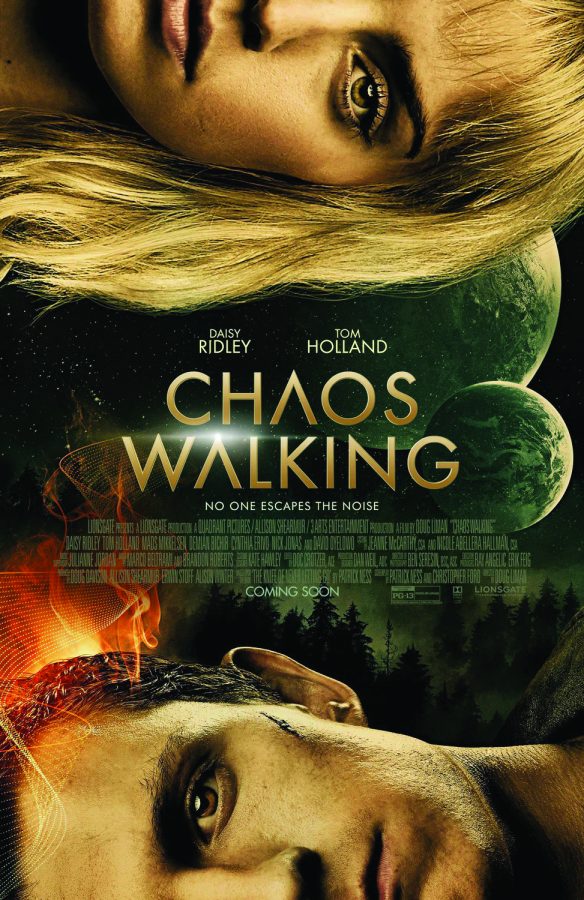“13 Reasons Why” follows 17-year-old protagonist Clay Jensen after he discovers that he has received a box of cassette tapes from classmate Hannah Baker, who recently committed suicide. Each of the 13 tapes specifies a reason she killed herself.
My first impression of the series was that the concept was definitely intriguing. You don’t really see many stories about suicide victims leaving long, winded explanations for their deaths. Hearing a victim’s story first hand after their death made it both more personal and more disheartening.
As the season only has 13 episodes, naturally the series escalates pretty quickly. I went into Episode one thinking it would have a gradual start as shows usually do, but the plot soon thickened, and the tone shifted early on in the episode. Clay as the main voice was an interesting choice, as he had a very unique perception of the world around him. You could almost feel his emotional turmoil, as he struggles to figure out why he is included in these tapes.
Something that I love about the show is that all 13 episodes were released at once. There’s an almost poetic irony to this. Viewers are given the choice to binge watch the entire series (like the majority of Hannah’s classmates do with her tapes) or slowly watch each episode in small bits like Clay does after receiving the package. I chose the latter. This was honestly because I had a hard time watching the show. Not because it was terrible, but because it is not your everyday TV show.
To put it shortly, it is intense, heartbreaking and really painful to watch. And because of that, I do not know if I would or even could recommend it to just anyone.
Disclaimer: Spoiler Alert- stop reading here if you don’t want to learn the plot of the show “13 Reasons Why.”
One of the most controversial parts of the show is Hannah’s suicide scene. In the final episode, the raw footage of Hannah’s death is very graphic. This scene left me speechless. The realistic portrayal was a lot to swallow and a little nauseating to watch. That being said, I actually appreciated that the producers chose to show it.
Critics say that the death scene was inappropriate because it almost provides a how-to guide for teens to commit suicide. While I understand this argument, I think that including this scene was a thoughtful choice. Yes, it was extremely hard to watch due to its accuracy. However, it sent an important message: suicide is not a joke. It is an issue that plagues teens all around the world and needs to be discussed and exposed, not hidden, concealed or romanticized.
The same goes for the two sexual assaults that were shown. Very realistic and difficult to watch.
But while I disagree with critics in terms of the explicit nature of certain scenes, I did still find myself torn at the end of the show. The supporting characters especially had me all over the place. Many of the classmates had me infuriated and frustrated to no end till the show’s finale. Courtney and Bryce in particular.
That being said, I did find myself sympathizing a bit with characters like Alex and Justin, whose stories made a lot more sense as their complicated backgrounds were revealed with the progression of the series.
I would say Alex was my favorite character in the entire show because while his tape did reveal a negative side to him, he was the only classmate who sympathized with Hannah and acknowledged his mistake from the very beginning.
Then, there was Zach and Clay, whose tapes really left me perplexed as to why they were included. I get that it was wrong of Zach to steal Hannah’s compliment notes as revenge for her rejecting him, but to say he “broke her spirit?” I don’t know about that one.
For Clay, while I understood that she wanted him to hear her whole story, I don’t think it was necessary for her to put him in the third to last tape, thus forcing him to listen to the majority of them thinking that he had wronged her in some unforgivable way.
She claimed he did not deserve to be on the tapes but that he shouldn’t have left her that night at Jessica’s party. However, the flashback clearly shows her pushing him away and yelling at him to leave. There was no way he could have known what she was thinking at the time. His love alone for Hannah would not have been enough to save her, despite what he may have thought. Too much had already happened, and her mental illness had progressed beyond his help.
In terms of the show as a whole, while I loiked the rawness of the series, I am still not completely content with its execution.
As with many TV adaptations, in my opinion the message from the novel got a little lost in the process. While the show did an effective job at creating drama for the screen, it lacked in discussing the more behind the scenes realities of suicide victims.
In the show, the focus relied heavily on Hannah accusing her classmates of doing horrendous things to her, thus inevitably “killing her.” But, Hannah was also clearly suffering from a mental illness, severe depression and even perhaps PTSD especially from her brutal sexual assault. The show, however, made Hannah come across as a petty teenage drama queen who just wanted the ultimate revenge on her peers by having “the final word.”
This was the not the intended focus of the plot. The moral of Hannah’s story is that people’s actions have consequences and that teen suicide is a serious issue that need to be talked about. But in the show, I definitely got a different vibe from the way Hannah’s character is represented.
An important detail to note that I missed the first time around is the time stamp on the testimonies of the classmates called into the police station in the final episode. If you look carefully, they read Nov. 10, 2017.
This was really powerful because essentially what it shows is that what happened to Hannah could have been prevented. If she were a real person, she would still be alive today based on these time stamps, and the show would be providing us with a look into her future if she continued down the path she was living.
Regardless of your opinion of the series, I think the main takeaway of the show is that teen suicide is a growing epidemic and is one that needs to be addressed. While I question the execution of the show itself, I do believe that the author’s intention behind the novel and Hannah’s story is extremely powerful and deserves to be heard.
Commentaries are the expressed opinion of the author and do not necessarily reflect that of The Fourcast staff, its adviser or any member of the Hockaday community.
– Heidi Kim – Views Editor –



















